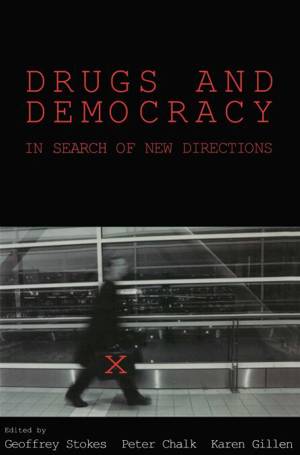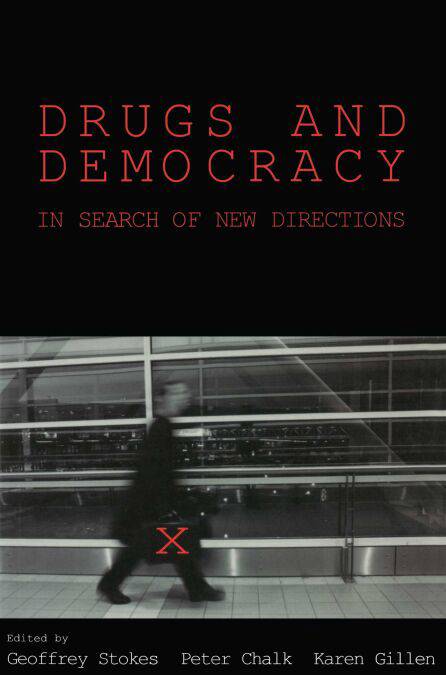
- Afhalen na 1 uur in een winkel met voorraad
- Gratis thuislevering in België vanaf € 30
- Ruim aanbod met 7 miljoen producten
- Afhalen na 1 uur in een winkel met voorraad
- Gratis thuislevering in België vanaf € 30
- Ruim aanbod met 7 miljoen producten
Zoeken
€ 16,15
+ 16 punten
Uitvoering
Omschrijving
In 1988 the United States Congress passed laws declaring improbably that the USA would be 'drug free' by 1995.
In 1998 the United Nations General Assembly Special Session on Drugs committed itself to the implausible goal of eradicating the trade in heroin and cocaine within a decade—at a time when global heroin production had trebled and global cocaine production had doubled.
Somewhere in Australia, almost every year for the past quarter-century, there has been a royal commission or other major official inquiry into the illicit drug industry.
The Australian government spends millions of dollars on attempting to control the illicit drug trade. Almost 85 per cent of these funds are allocated to law enforcement; 5 per cent goes to treatment and 10 per cent to prevention and research. Meanwhile the drug industry in Australia grows bigger and richer every year, and as a result our rates of addiction, crime and death continue to rise.
Drugs and Democracy examines Australia's unsuccessful attempts to control the illicit drug industry, and discusses how—within the confines of our liberal democratic values and culture—we could improve our strategies.
In 1998 the United Nations General Assembly Special Session on Drugs committed itself to the implausible goal of eradicating the trade in heroin and cocaine within a decade—at a time when global heroin production had trebled and global cocaine production had doubled.
Somewhere in Australia, almost every year for the past quarter-century, there has been a royal commission or other major official inquiry into the illicit drug industry.
The Australian government spends millions of dollars on attempting to control the illicit drug trade. Almost 85 per cent of these funds are allocated to law enforcement; 5 per cent goes to treatment and 10 per cent to prevention and research. Meanwhile the drug industry in Australia grows bigger and richer every year, and as a result our rates of addiction, crime and death continue to rise.
Drugs and Democracy examines Australia's unsuccessful attempts to control the illicit drug industry, and discusses how—within the confines of our liberal democratic values and culture—we could improve our strategies.
Specificaties
Betrokkenen
- Auteur(s):
- Uitgeverij:
Inhoud
- Aantal bladzijden:
- 272
- Taal:
- Engels
Eigenschappen
- Productcode (EAN):
- 9780522865240
- Verschijningsdatum:
- 17/10/2016
- Uitvoering:
- E-book
- Beveiligd met:
- Adobe DRM
- Formaat:
- ePub

Alleen bij Standaard Boekhandel
+ 16 punten op je klantenkaart van Standaard Boekhandel
Beoordelingen
We publiceren alleen reviews die voldoen aan de voorwaarden voor reviews. Bekijk onze voorwaarden voor reviews.











